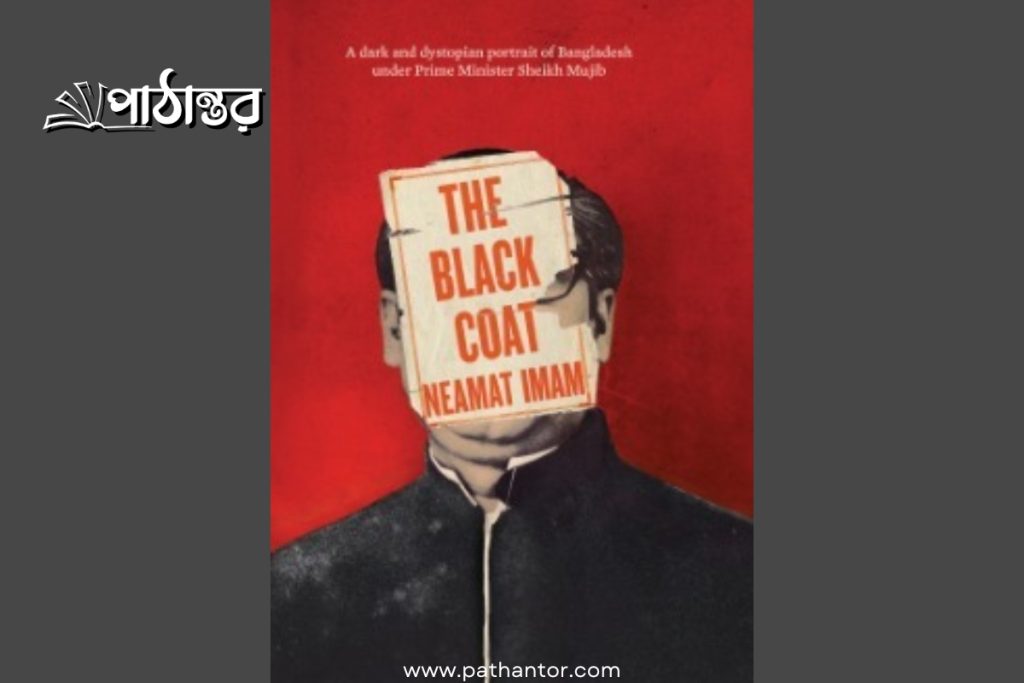The Black Coat
The Black Coat is a profound dystopian novel by Bangladeshi author Neamat Imam. Set in the turbulent 1970s, after Bangladesh’s bloody struggle for independence, the book provides a haunting portrayal of a nation grappling with its newfound freedom.
The story follows Nur Hussain, an uneducated young man from a remote village, who arrives in Dhaka amidst thousands of others seeking food and shelter. Nur’s only notable skill is his ability to mimic a famous speech by the prime minister, Sheikh Mujib. He finds himself at the doorstep of Khaleque Biswas, a journalist who has recently lost his job. Initially, Nur is seen as a burden, but Khaleque soon realizes the potential in exploiting Nur’s mimicry. With the blessing of the political establishment, Khaleque transforms Nur into a fake Sheikh Mujib, capitalizing on the nationalist fervor among Dhaka’s poor.
As the two men rake in money, tensions escalate. The story reaches a violent climax when Nur, witnessing the horrors of the 1974 famine, refuses to continue the charade.
Neamat Imam, a Bangladeshi author based in Canada, first published The Black Coat in 2013 with Penguin Books India. The novel was later published in Britain by Periscope Books in 2015. The book is a dark political satire that offers a scathing critique of Bangladesh under Prime Minister Sheikh Mujib. Critics have praised the novel for its powerful narrative and thought-provoking themes.
The Black Coat has been hailed as a future classic, with Outlook India describing it as “an extraordinary book … a fine work of fiction.” The Sunday Guardian lauded it as “destined to be a future classic.” The Independent called it “a dark political satire fueled by anger and absurdist humor.” Financial Express deemed it “one of the best to come out of the subcontinent in the recent past,” while Mint referred to it as “a powerful fictional revisiting of Sheikh Mujibur Rahman’s troubled legacy in Bangladesh.”
The novel’s critical acclaim doesn’t end there. Radio Canada highlighted it as “the book that slays Sheikh Mujib,” and the Deccan Herald described it as “a tragic tale of power, pretence, idealism, and greed.” According to the Daily Star, it’s “a poignant political tale… Imam has shown a lot of courage in dealing with one of the most tumultuous and controversial phases of independent Bangladesh’s history.” The Asian Review of Books concluded that the novel is “pure satire, written with such disarming earnestness that one might neglect to shake it down and dissect its numerous layers.”

